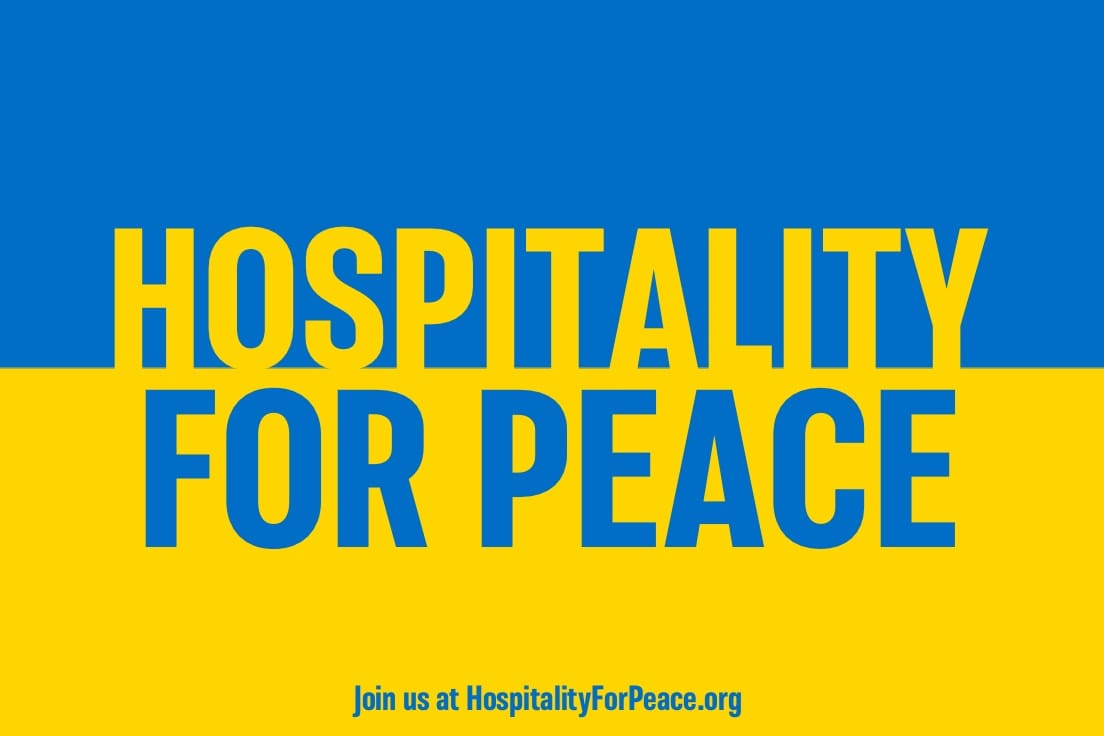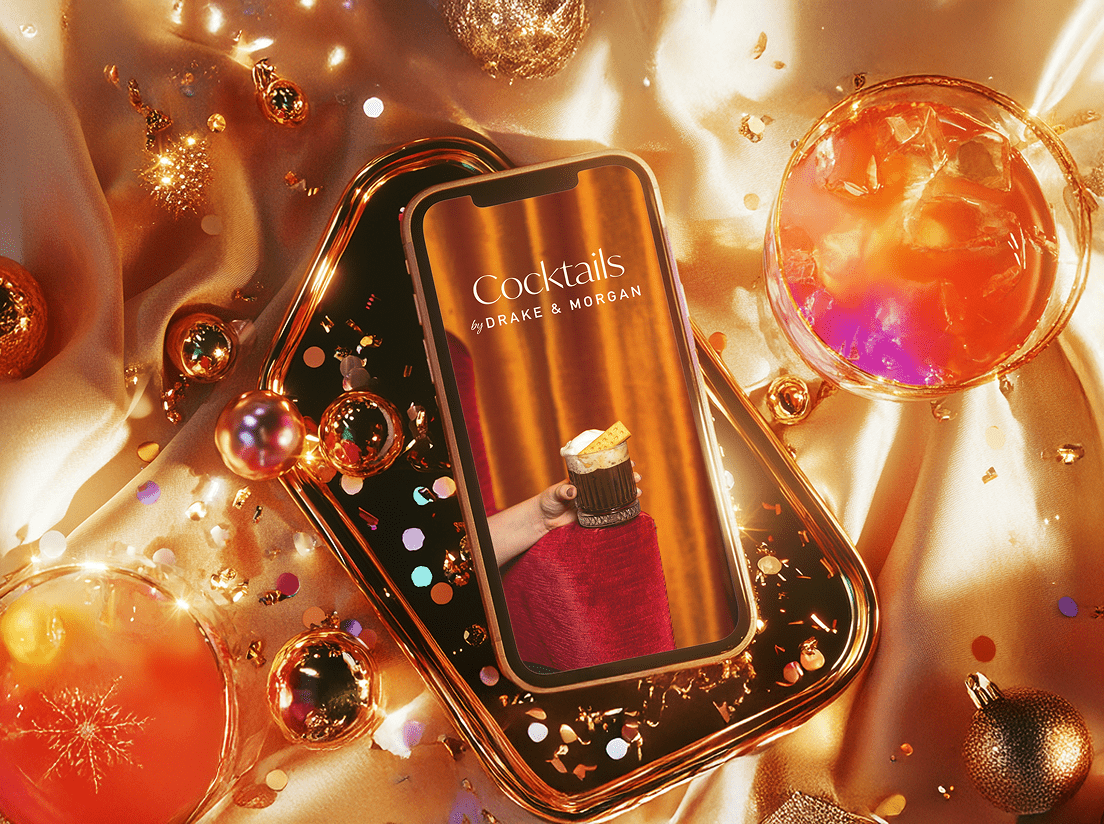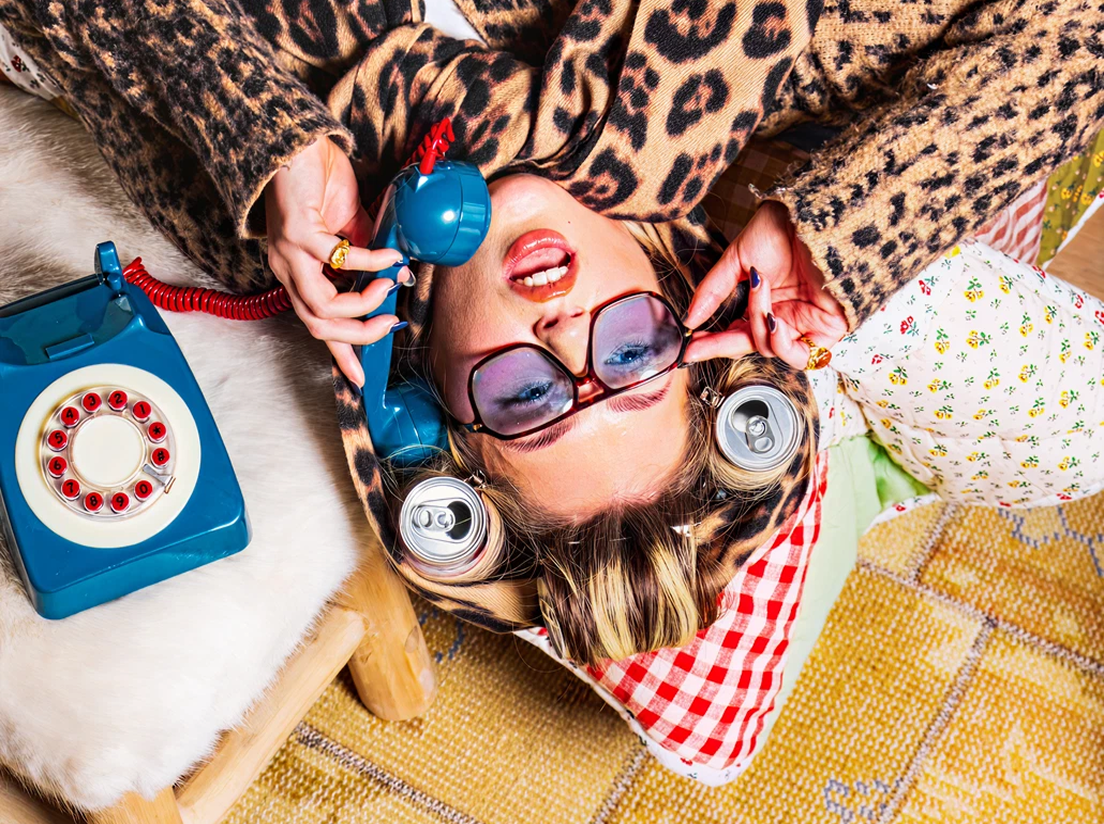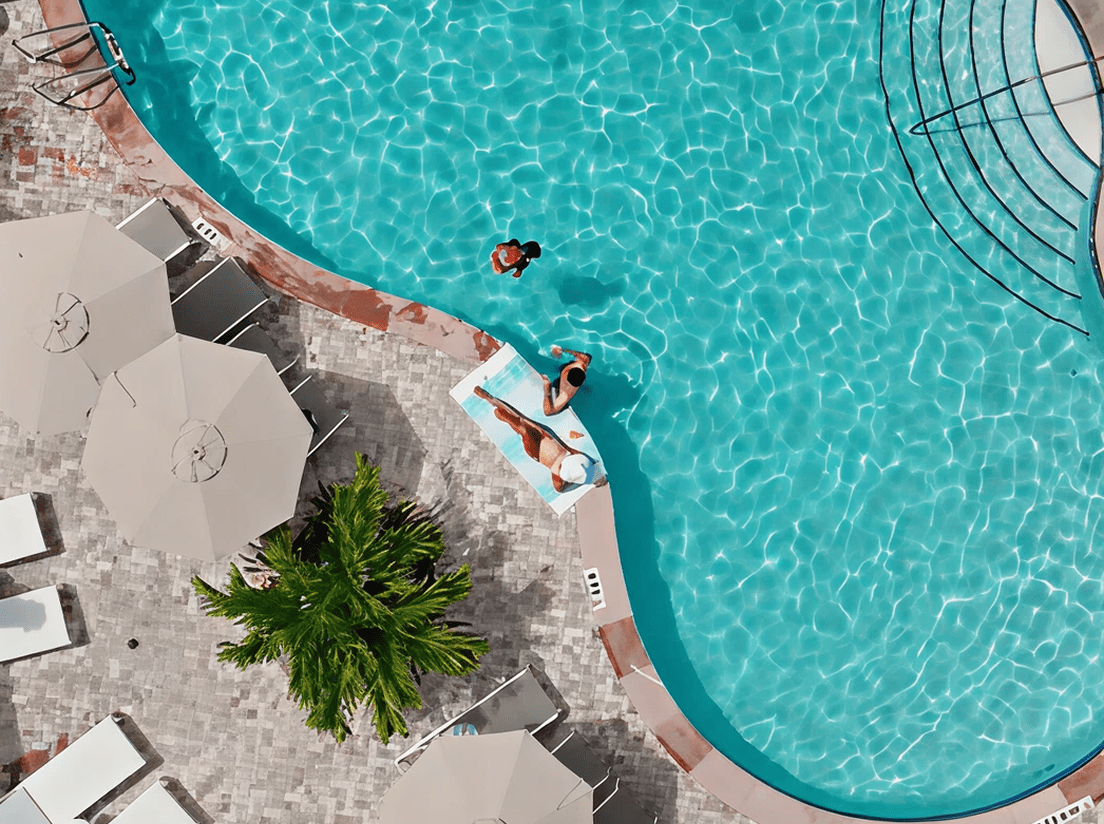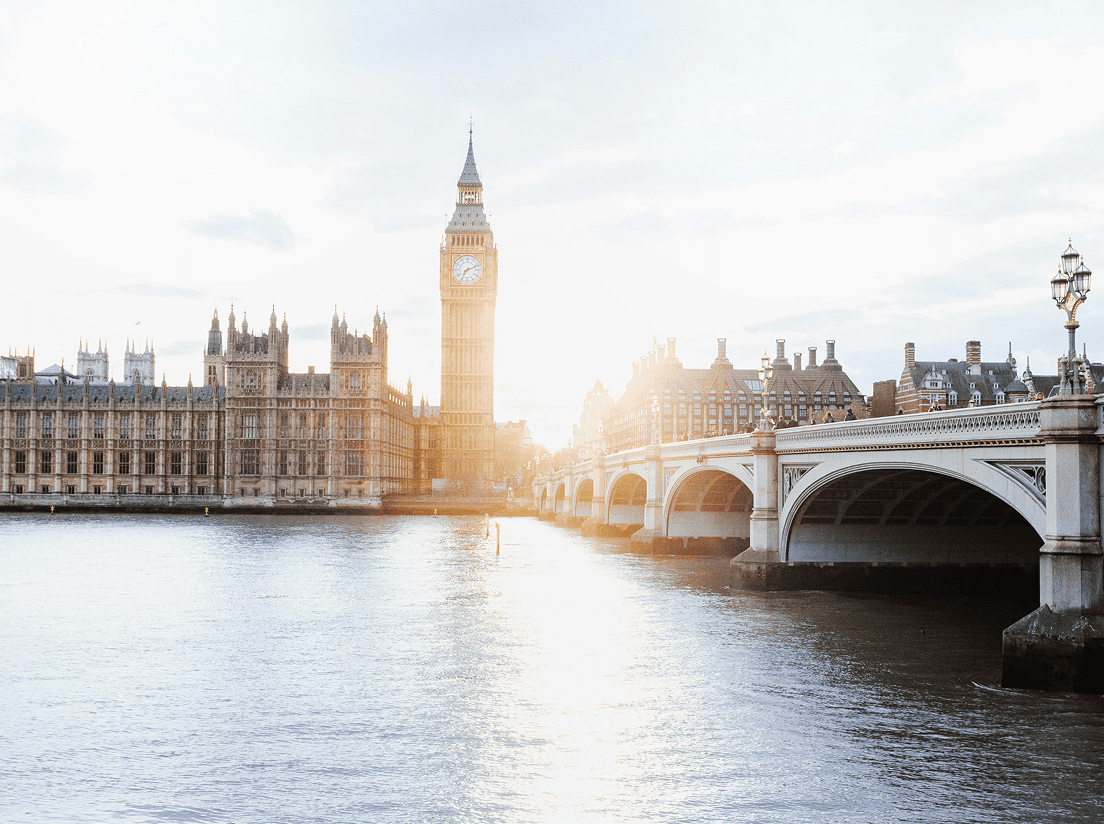
Think about your close friends. You know a lot about each other, you share with each other, and you’re loyal. How would you feel if a retail business (say, a hotel) knew enough about you as an individual to create a unique experience for you, all in the name of trying to create guest loyalty?We carry a lot of data with us. I mean a lot of data. So when we enter a coffee shop, restaurant, hardware store, or hotel, we bring with us our age, gender, friends, hobbies, favorite sports teams, favorite brands and hotels, etc. You may not see it as data, but to hotels it sure is. And it’s very valuable.In fact, it’s a gold mine.When we willingly place our data onto social networks (which, make no mistake, we do), it’s public knowledge. Hotels and other retail businesses are beginning to use your data to create an authentic and personalized guest experience for you. Not all of us, or that group you’re traveling with, or your family. You.What if you checked out of a hotel and a day, a week or a month later, you received a push notification on your mobile device from that hotel, thanking you for your business and asked if you’d recommend it to a friend or family member. Then, just for answering that one question, you received some kind of reward based on your answer (free appetizer or dessert at the restaurant, a sleeve of golf balls, bottle of wine). Or they offered you a free night’s stay on your birthday, which they know is in March, because that’s what your Facebook profile says. That’s what the future of the hospitality industry looks like, and all hotels need is a way to curate that data to learn more about their guests.Here are a few ways:iBeacons: These are small devices that sense when you get within the determined distance (10 feet, 20 feet, 50 feet, etc.). When an iBeacon senses you’re nearby, it will communicate with your mobile device through an app with a push notification, usually from a retail business (like a hotel), with some type of offer.Using big data: This is the buzzword right now, whether it’s related to Internet privacy, social media or retail businesses. The hospitality industry can be notorious for being late in adopting new technologies and implementing them into their strategies. Right now, it’s optional. Soon, it will be imperative.Sharing socially: Encouraging your guests to share their experience (whether positive or negative) is an ideal way to get the word out about a hotel. Facebook, Instagram, Twitter, Yelp, etc., are all avenues where people can share. Word travels quickly, and if you’re not encouraging this yet, you’re going to get left behind.Questionnaires: This might seem a bit antiquated, but there’s a swath of consumers that still prefer good old-fashioned “How Did We Do?” type questionnaire. Millennials may be the hot, rising demographic, but Baby Boomers still have plenty of years left of enjoying memorable vacations and hotel stays. Let’s not forget about them.Hotels are beginning to realize the potential jackpot contained within guest data. All they need is a door to get in. But once they’re in, they’ll find they’ve entered the Shangri La of guest data—and that can only mean positive changes for you, the consumer, as they attempt to create loyal customers.About the author: Sean Murphy is Head of Public Relations for Sochule Inc and its subsidiaries, which include HelloTel App and ProximiTel. HelloTel App is a free mobile app that helps connect travelers on a unique social network. Users can “check in”, and see what other travelers, events, restaurants or other attractions are nearby. ProximiTel is a backend platform for hotels and other retail businesses that provides nearly 8 million points of consumer interests, demographics and other non-personally identifiable behavior to partnering hotels. These hotels can use this data to provide perfectly tailored guest experiences to build loyalty.

